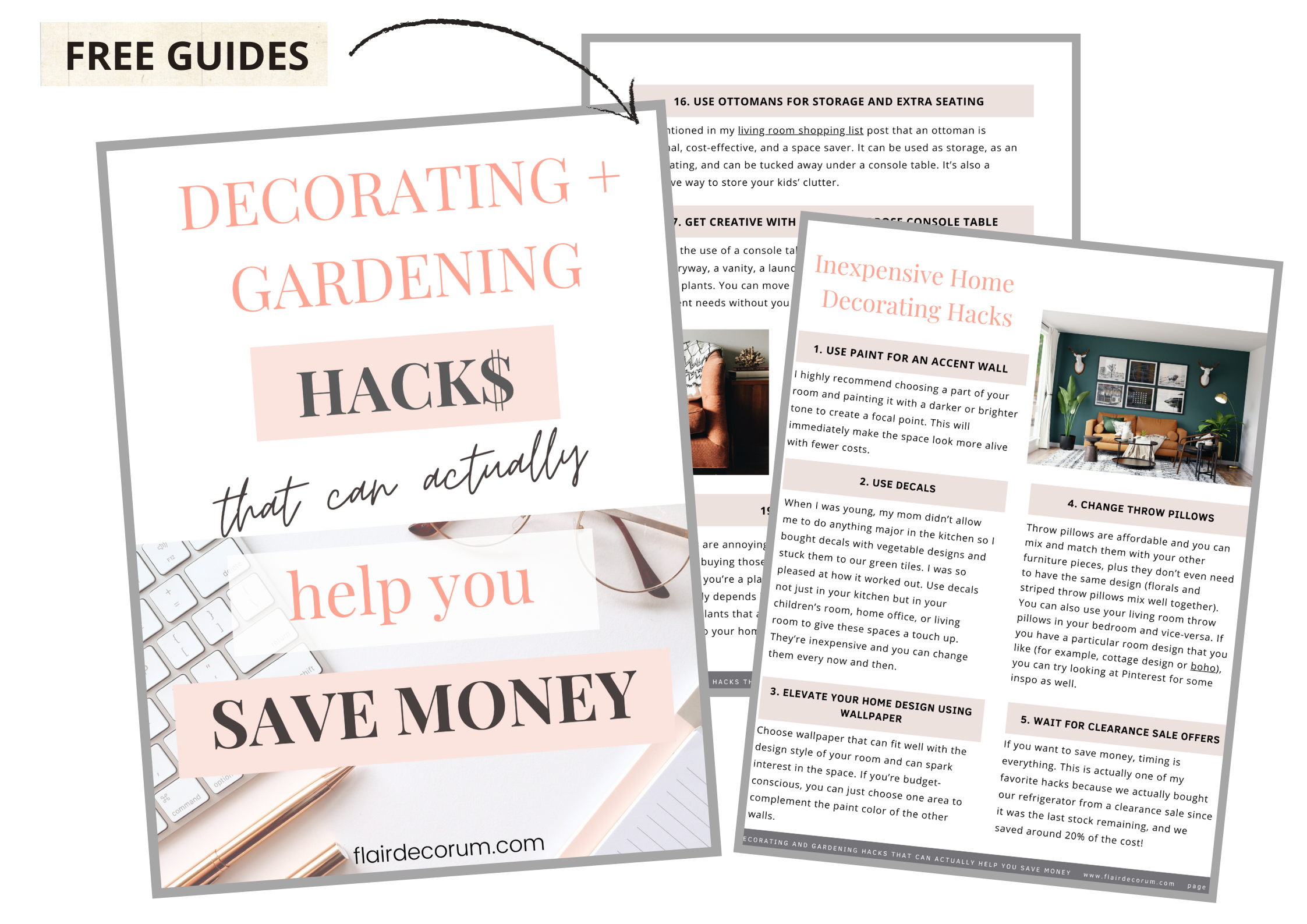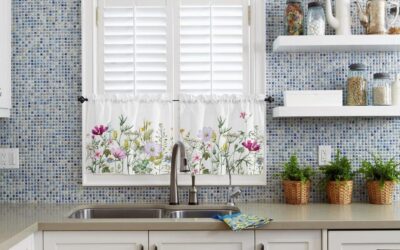Published: October 12, 2021 I APARTMENT LIVING
You may already have been wowed by your prospective new apartment’s beautiful design, but you still need to consider other important things before selecting your new apartment. Careful assessment before choosing will give you more peace of mind in the future. Remember, once you’ve signed your apartment contract and paid the security deposit (or paid in full), it might be a challenge if you suddenly change your mind. Yikes! So, here are some important tips before making that final decision to choose your new place. If it’s your first time looking and moving to a new apartment, consider them as friendly advice.
These tips are categorized into:
- critical considerations, and
- less critical considerations

The critical considerations are non-negotiable because they’ll affect your finances, safety, and living conditions. The less critical considerations are nice-to-haves and won’t necessarily have a big impact in your life.
CRITICAL CONSIDERATIONS
1. Location decision
Looking into your desired location is the first step in finding an apartment as this will help narrow down the possible areas for consideration. Apartment hunting is time-consuming, so you’ll need to prioritize where you need to scout first. Do you prefer living in a bustling or a quiet neighborhood? Is living in a town or in the city better for you? In which state would you like to stay? Remember, rental expenses also vary depending on which state, city, or neighborhood you live in, so it’s best to think through these things first.
2. Review your monthly budget
An honest evaluation of your salary versus your budget for rental and other monthly expenses must be done before choosing an apartment. While living in the most posh apartment might be everybody’s dream, it’s wise to ensure that you are not endangering your financial health with your rental expenses.
According to the 2006 American Community Survey (ACS), “46 percent of renters nationwide pay 30 percent or more of their income on housing costs”. These housing cost burdens are split into two severities: moderate housing cost burden (30.0% to 49.9% of income spent on housing costs) and severe housing cost burden (50% or more of income spent on housing costs).
3. Decide on the type of apartment
Do you want to live in a condominium, a flat, or a house? You need to do your own research and visit these kinds of places in your preferred area to have a feel of where you really want to live. Also, make sure to weigh the advantages and disadvantages of each.
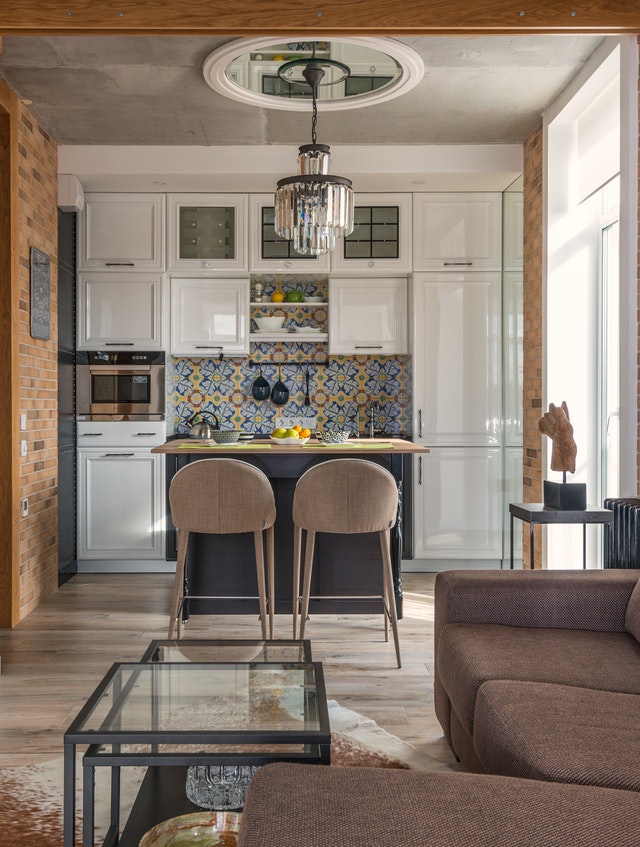
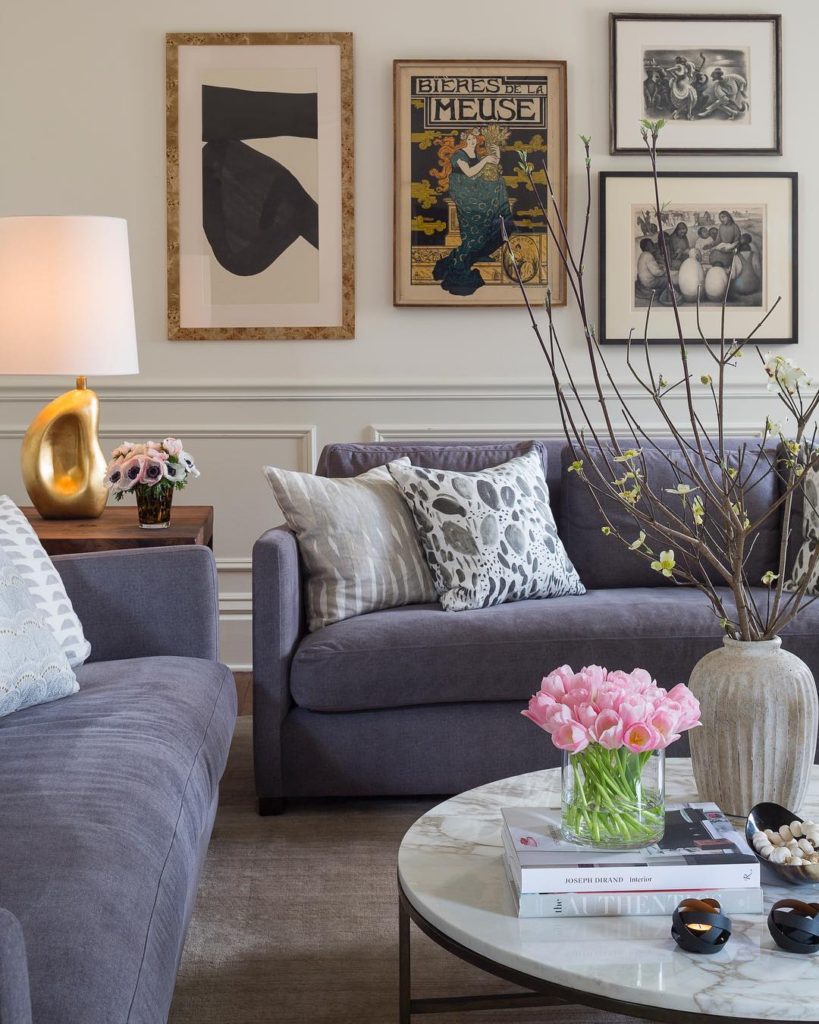
4. Your safety is important
Before saying yes to renting a new apartment, make sure to consider how you feel about the vibe of your new building or area. Sometimes, even if you like the apartment building, you may have reservations about the neighborhood such as suspicious people walking around or present in the area especially when you’re alone. Also, make sure to check if there have been any crimes committed in your prospective new apartment or in the building’s street. It’s always best if the building and its vicinity have security cameras or security guards.
You may also ask your neighbors what it’s like living in that building; you might be surprised by what they tell you! Another crucial thing is to check if the building has fire exits, fire extinguishers, and smoke detectors. An additional tip is to check the emergency stairs or if window bars can easily be broken by burglars. Furthermore, do the building and the unit have strong lock systems?
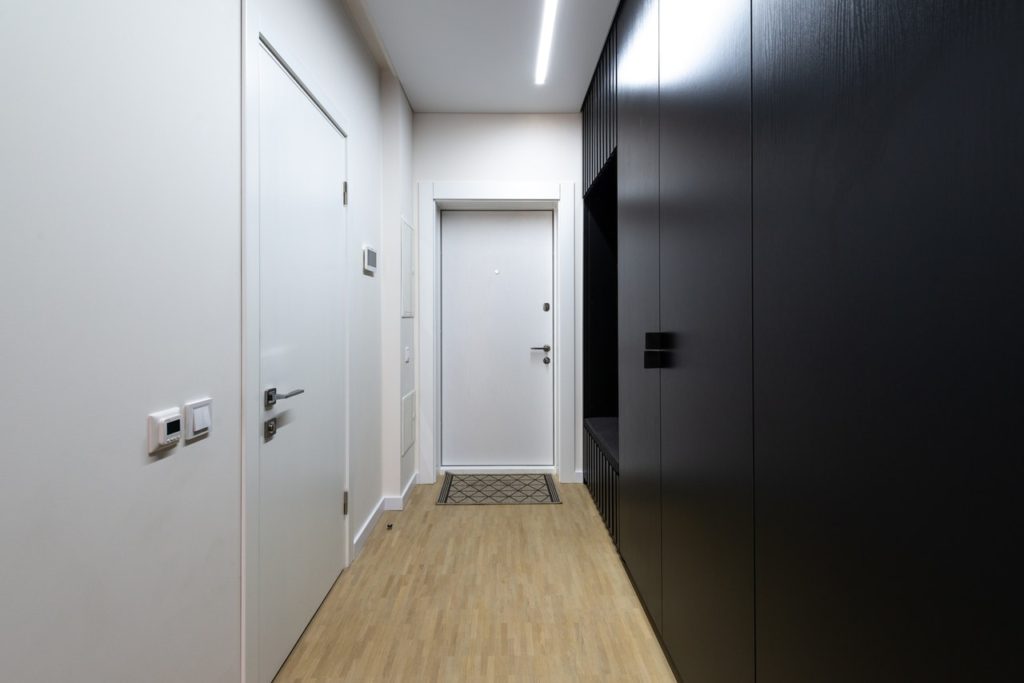
5. Carefully review your rental contract
Discussing the terms and conditions of the contract with your future landlord is crucial before taking the leap of choosing the apartment. The most common things to discuss with your landlord are:
- rental cost and payment terms (schedule of rental payments, advance rental payments, security deposits)
- term of lease (Is the apartment for short-term or long-term lease?)
- moving day out notice (How many days notice before you can move out?)
- payment for maintenance/repairs (Who will pay for the minor or major repairs of the apartment?)
- permission to make changes in the apartment (Example: Is painting the walls allowed?)
- moving out terms (Examples: Will your deposit be returned if there are damages in the apartment? Do you need to clean it before moving out?)
- rental sharing (Example: Are you allowed to share your apartment or have a roommate?)
- parking benefits (Example: Will you have a parking slot as a renter of that apartment and is it included in the rental cost?)
- house insurance cost

6. Nearby transportation and parking area are a must
Having a designated parking lot for your car is equally important as your apartment. Some apartments go with a designated parking space along with your rental. But if not, make sure there is a nearby safe and well-lighted parking lot for cars with a reasonable parking fee for overnight parking; take note, though, that this will increase your monthly cost.
If you don’t own a car, your new apartment should be near the train station or the bus stop so that it will be convenient for you to commute especially during the morning rush hour.
7. Is it pet-friendly?
We want to make our pets happy and healthy, so ask your prospective landlord about rules regarding pets before deciding which apartment to choose.
- Investigate if there are certain breeds that are not allowed.
- Inquire about the allowed maximum weight for pets (for example, up to 20 to 50 pounds).
Big dogs may not be so comfortable living in small apartments, so consider the apartment space as well. Think about where your pet will poop and where to put the dog/cat litter box.

8. Is it calamity-proof?
Okay, let’s get real.
Earthquakes can be pretty scary, especially if you live on the 15th floor of an apartment building! So you may want to check if your new area is on or near the fault line of an earthquake. For example, the Darling Fault near the west coast of Southern Australia is the longest fault in Australia. In the United States, Alaska, California, and Nevada are the top three states with earthquake activity according to a study by the University of Nevada in 2006.
Also, it would be better to ask the building manager/contractor or landlord how old the apartment or building itself is. Some buildings have been around for many years and have just been remodeled over and over, so their base structures are no longer strong enough to withstand any more shaking. Do not compromise on the building’s strength for the apartment’s interior design.
In addition, check the weather in that area. If it frequently snows there, if possible ask the landlord how old the water heater is and if it needs replacement. The heater will most likely malfunction after 15 to 25 years, so it’s important that they have it replaced before that can happen and before the weather gets too cold. Or, does it rain there a lot? Has the area been flooded before?
It could be a traumatic experience for you if these calamities happen and you’ve just moved in a couple of weeks before.
Before continuing, grab the free apartment hunting printable checklist here.
9. Utilities setup situation in your new apartment
Setting up of these utilities should be confirmed with your landlord:
- electricity
- water and sewer
- trash collection
- gas (natural gas) for cooking or heating during cold weather
- security alarm systems
- Internet and cable
If it’s your responsibility to set them up, contact the utility companies and ask how many days it would take them to set up. Some companies only take one to three days, while others take a week. You also have the option to contact one company to set up several services.

10. Are elevators available?
It’s very important to have clean, safe, and well-maintained elevators especially if your apartment is on the third floor or above.
11. Is your new apartment termite- and pest-proof?
These creepy creatures are a big issue should you discover that the building or apartment has a pest problem and the landlord or previous occupant hasn’t mentioned it to you.
Here are some things you need to do before deciding:
- Ask the landlord and residents if there are pests in the area, as well as if they have regular maintenance checks and pest control procedures
- If possible, when you visit the apartment, check for termite holes, other holes or cracks in the walls, or signs of entry points of pests
12. Think about emergency situations
Another important consideration is if there is a hospital or clinic near your new apartment building. Sometimes, accidents or emergencies are unavoidable, so knowing you’ll be given immediate medical attention can give you more peace of mind. Also, a good look at where pharmacies are will come in handy especially if you run out of aspirin!
13. Travel time to your school or work
Think about it, you’ll spend your mornings rushing to work or school and you don’t want to waste your time stuck in commute or in your car. One tip is to try one morning driving or commuting from your potential new apartment to school or work to see the actual time it will take during the rush hour. This is very practical, especially if you are new to the area. Also, you can learn about alternative routes that can actually save time and will give you more pleasant mornings in the future.
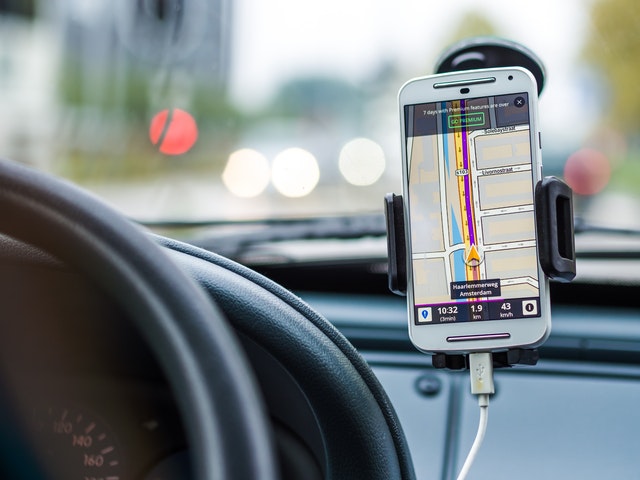
LESS CRITICAL CONSIDERATIONS
1. Your future hangout
Have you ever experienced driving for an hour just to get to a nice restaurant in your area? This is truly a hassle, so make sure you check if there are good restaurants, coffee shops, and department stores near your prospective apartment building. If so, you can visit some of them. It won’t hurt to try out the food and check out the crowd. If you are a coffee addict, a nearby coffee shop with a great cup of coffee and nice ambiance is a must. If you are on a diet, are a vegan, or just don’t have time to cook, this definitely should be in your to-do list!
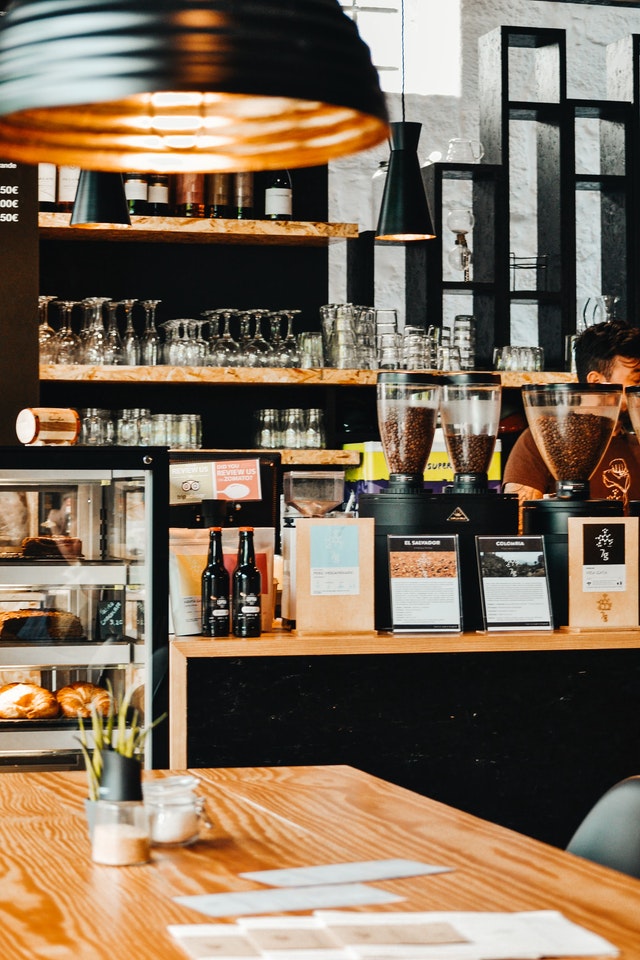
2. Fitness and recreation
If you are an outdoorsy person or like to jog, a nice park around the block is a good consideration. If you are a health buff, like yoga, or are thinking of trying out a new fitness routine, you can look for gyms and recreation facilities where you can be a member. You might just have a gym and pool in your apartment building if you’re lucky!
3. Other interesting places
Museums, art galleries, and thrift stores can be interesting places to visit during your stay in your new apartment. Visit their websites for more information on what you can find there!
Can’t wait to choose your new apartment? Happy apartment hunting!
Have you grabbed the apartment hunting checklist yet? Once you’ve made the decision to move, this apartment moving guide will help you be more organized in planning and packing for your move.
Save this for later 🙂


